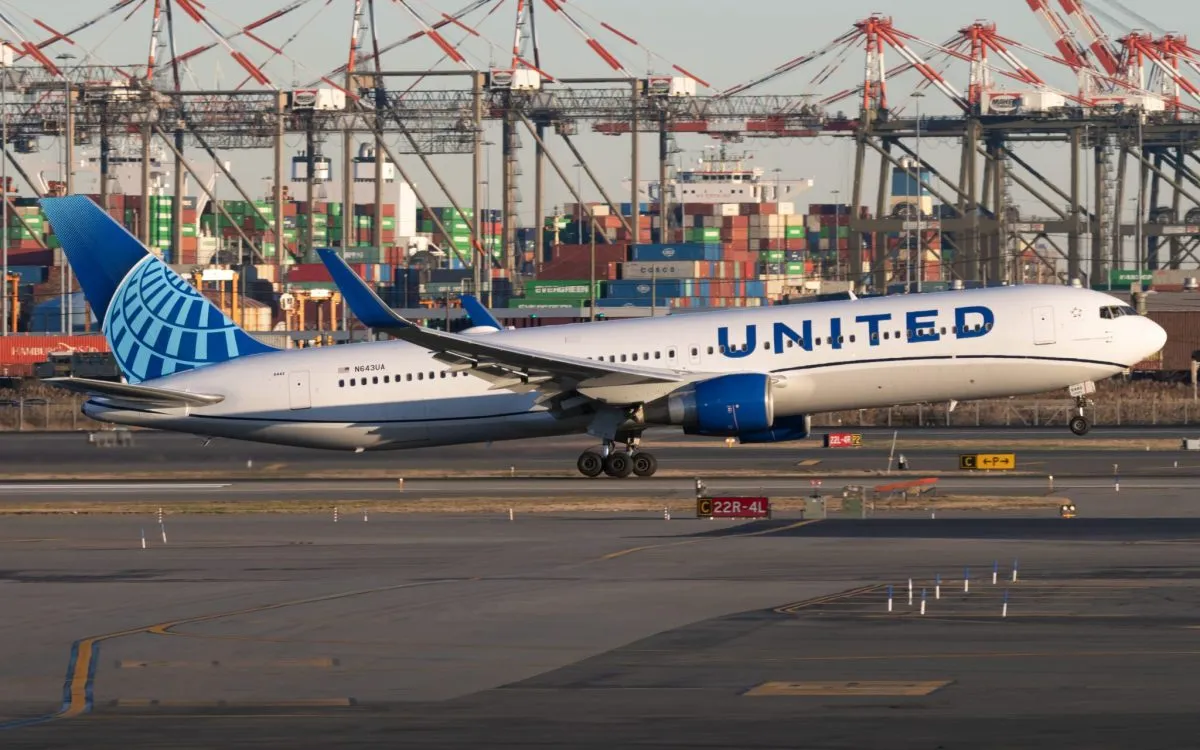Hawaiian Airlines Flight 457 Declares Emergency Due to Trapped Device
A Hawaiian Airlines flight experienced a tense moment this past Monday as it declared an emergency due to a mobile device that became stuck in a seat during its journey from Honolulu to Tokyo.
Flight 457 was cruising along smoothly when flight attendants detected an alarming "electrical smell" emanating from the cabin. An airline spokesperson later confirmed that this unsettling odor was traced back to a passenger's mobile device, which had unfortunately lodged itself in one of the seats. This incident led the flight's pilots to make the critical decision to declare an emergency, allowing the aircraft to receive priority handling upon its arrival at Tokyo's Haneda Airport.
The decision to declare an emergency was made "out of an abundance of caution," according to the airline's statement. Thankfully, all passengers were able to safely deplane, and the airline's team subsequently removed the trapped device without further incident. Hawaiian Airlines expressed its commitment to passenger safety, issuing an apology to those impacted by the situation, emphasizing that "Safety is our priority, and we apologize to impacted guests for the inconvenience."
The seriousness with which airlines treat incidents involving trapped devices cannot be overstated. Lithium-ion batteries, commonly found in mobile devices, pose significant fire risks if they overheat or malfunction. Consequently, airlines strongly advise passengers to keep their devices accessible in the cabin rather than stowed away in checked luggage, thus ensuring that any issues can be promptly identified and managed.
While some Japanese news outlets reported that the device in question caught fire, Hawaiian Airlines clarified to Business Insider that this was not the case, alleviating concerns about a potential fire on board.
This incident comes on the heels of other notable occurrences involving trapped devices on flights. For example, earlier this year, an Air Busan Airbus A321 caught fire shortly before takeoff in South Korea, injuring seven people. Investigators later determined that the fire likely originated from a portable power bank, prompting the airline to implement a new policy banning such devices from being carried in passenger luggage.
Moreover, earlier this month, a Lufthansa Airbus A380 faced a similar diversion after a passenger's tablet jammed in a business-class seat. This flight, which was en route from Los Angeles to Munich, had to divert to Boston approximately three hours after takeoff due to the situation. In another instance, a United Airlines flight traveling from Zurich to Chicago had to turn back and divert to Ireland after a passenger's laptop became lodged in their seat.
These incidents underscore the importance of vigilance regarding personal electronic devices during air travel, as they can lead to serious safety concerns if not properly managed. Airlines continue to urge travelers to remain attentive to their belongings and to report any issues promptly to cabin crew.





















